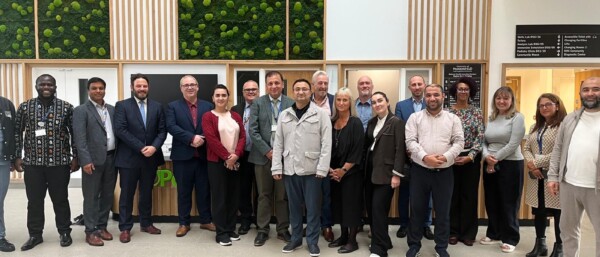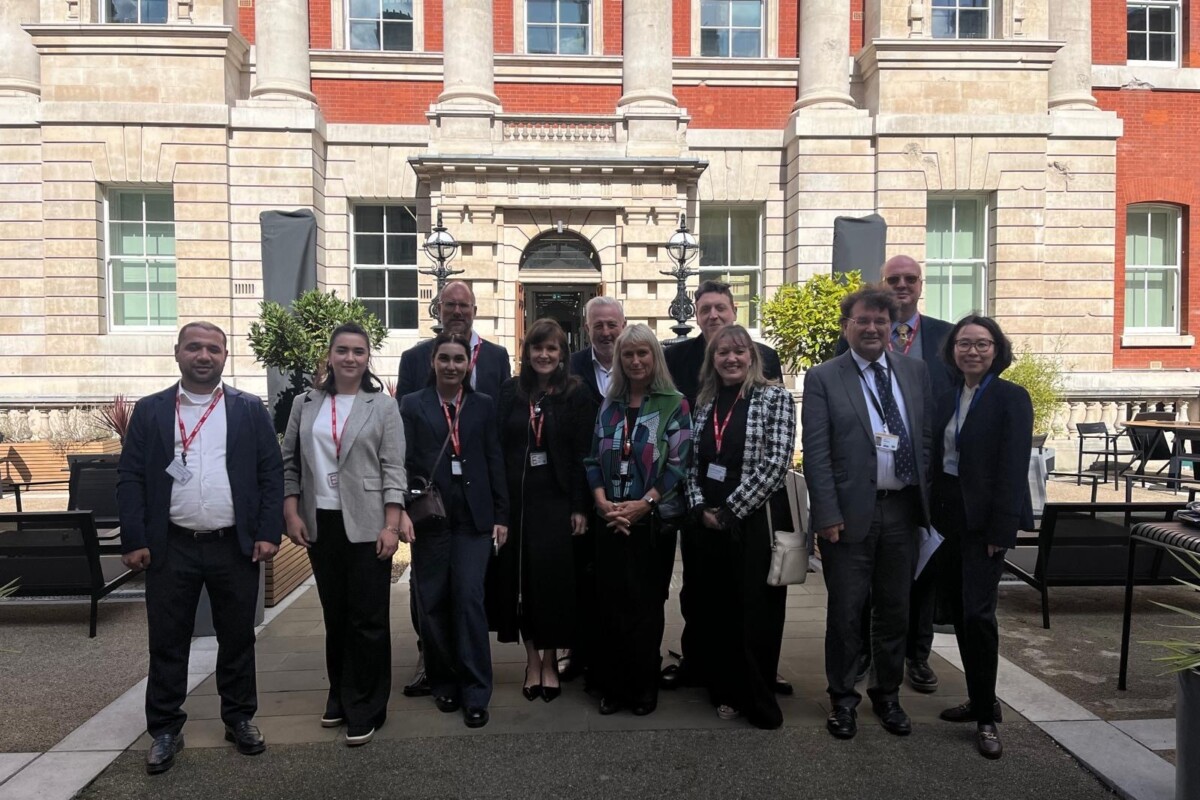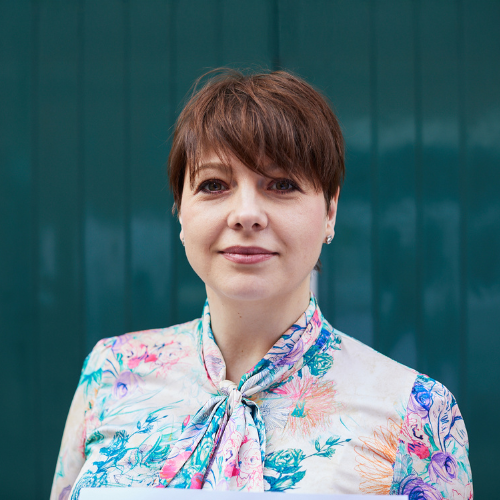
A journey across the UK to reimagine healthcare education in Uzbekistan
The Meros Pharm delegation arrived in London with one big question: How do we build a world-class healthcare university in Uzbekistan?
As one of Uzbekistan’s leading healthcare and pharmaceutical groups, Meros Pharm has long been at the forefront of modernising the country’s health sector. Now, the organisation is expanding its vision beyond clinical care and pharmaceuticals to transform medical education, starting with the creation of the Meros British International University.
To bring this vision to life, the delegation embarked on a UK study tour this month, facilitated by People 1st International in close collaboration with its sister organisation Skills for Health. Together, they connected the delegation with UK government agencies, universities, healthcare providers and professional regulators to share best practices in education innovation, workforce planning and quality standards.
Here are the key lessons the delegation brought back.
Innovation transforms learning
At Oxford Brookes University and the University of Huddersfield, the delegation saw how the UK blends academic rigor with practical training through state-of-the-art simulation technologies.
From Oxford Brookes’ immersive VR labs and fully equipped ambulance to Huddersfield’s award-winning Daphne Steele Building, designed around sustainability and patient-centred simulation spaces, the visits showed how safe, realistic learning environments prepare students for the complexities of modern healthcare.
Discussions with the Nursing and Midwifery Council reinforced the importance of pairing innovation with strong quality assurance frameworks. For Meros Pharm, these experiences offered a clear roadmap for integrating cutting-edge learning technologies into the new university’s curriculum and infrastructure.
Quality and regulation are the foundation
In Manchester, the delegation visited the General Medical Council to explore how the UK maintains trust and professionalism across its healthcare system. They toured the OSCE clinical assessment centre and learned about frameworks for continuing professional development and certificates of good standing – standards that set the UK apart globally.
Similar discussions with the Nursing and Midwifery Council highlighted how rigorous accreditation and professional ethics underpin every stage of medical education. For Uzbekistan, aligning with these standards offers a pathway to international recognition and credibility.
Workforce planning shapes the future
In Bristol, the delegation explored how the UK links healthcare education with workforce needs. Skills for Health, the UK’s leading workforce expert for the health sector, presented its foundational frameworks, which set national standards for health workforce development and ensure consistent quality to build a skilled workforce.
This provided an approach for excellence where people and skills are central, technology serves as the enabler, professional practice and policy set direction, and solutions are grounded in deep technical expertise.
Detailed discussions unpacked the Six Steps workforce planning methodology, covering workforce supply and demand modelling, skills gap analysis and curriculum mapping. The emphasis was on practical, evidence-based approaches that not only build workforce capacity but also improve patient outcomes and ensure long-term sustainability.
The delegation also heard from Professor Steve Field CBE, UK DBT Healthcare Ambassador, who shared his perspectives on creating ethical and sustainable workforce models through international collaboration.
Together, these insights offered Uzbekistan a clear blueprint for connecting education systems to workforce realities, ensuring the Meros British International University trains graduates with the right skills, in the right numbers, for the country’s future healthcare needs.
Partnerships unlock global opportunities
Perhaps the most important lesson came from the spirit of collaboration that defined the entire study tour.
At the Department for Business and Trade in Westminster, UK education and healthcare partners gathered to share expertise and explore joint solutions, from digital learning and medical English to remote health monitoring.
Throughout the week, every institution offered not only knowledge but also a willingness to support Uzbekistan in creating a healthcare university that meets world-class standards while serving local needs.
Looking ahead
The study tour gave unparalleled access to the UK’s healthcare and education ecosystem. They returned to Uzbekistan with concrete insights on innovation, quality assurance, workforce planning, leadership development, and international collaboration, all essential building blocks for the Meros British International University.





